Projects
In every session children have the opportunity to engage in self-directed group projects. This means that they take the lead in generating project ideas and are actively involved in every step of the process. From planning, managing to developing, reflecting and making adjustments, children are empowered to drive their projects forward.
Our group facilitators are there to support this journey, listening closely to the children’s voices and providing resources, guidance and expertise when needed.
The decision of when a project is complete is also left to the children, fostering a sense of autonomy, ownership and accomplishment.
The benefits of self-directed learning include fostering empowerment and engagement, critical thinking and problem solving, real life skills and creativity and innovation.
Here are a few recent projects undertaken by the children. These projects showcase the creativity, initiative and skills that children develop through self-directed learning.
Mask Making Project
This project began with a child’s interest in creating masks. Soon, more children joined in and over the following weeks, every child in the group made at least one human or animal mask, with some crafting several.
During the project, the children painted their masks and experimented with mixing colours to create new shades. To add texture, they incorporated materials such as masking tape, tin foil, mesh, felt and jewellery beads.They extended ears, built snouts and used hot glue—later followed by white morph—to make teeth for their animal masks. They even made yarn tails to match their animal masks.
Throughout the project, children searched the Internet for inspiration and ideas and explored art books featuring various mask projects and techniques. A parent volunteer also joined in, making a mask over two weeks. During the goodbye circle at the end of the day, children regularly shared their masks with the group and discussed the challenges they encountered.
Notably, the child who initially sparked the project went on to sell some of the masks they made during our sessions at a festival, demonstrating their entrepreneurial spirit and the real-world application of their skills.
After a few exciting weeks, the children decided it was time to conclude the mask-making project and explore new ideas.

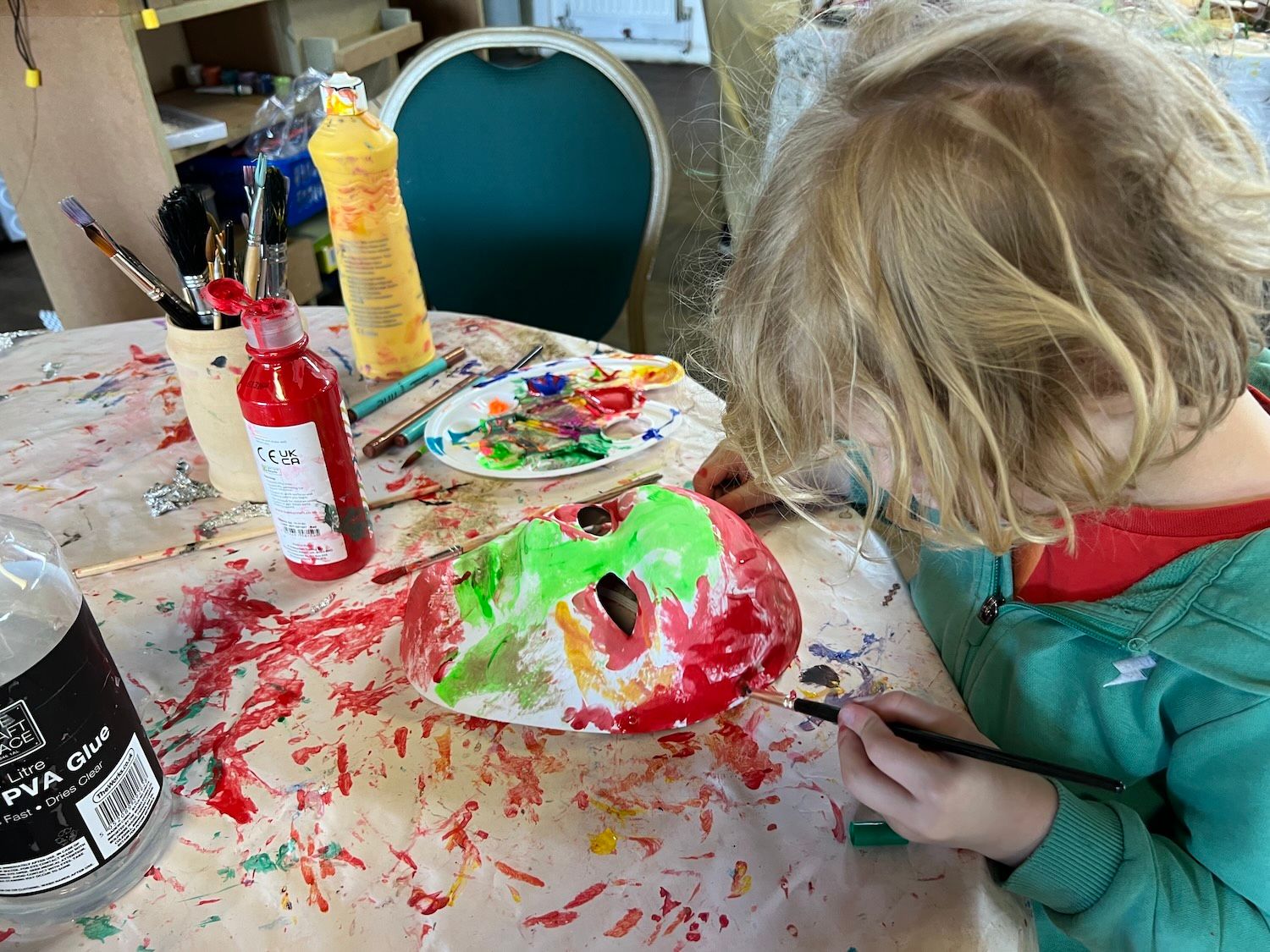
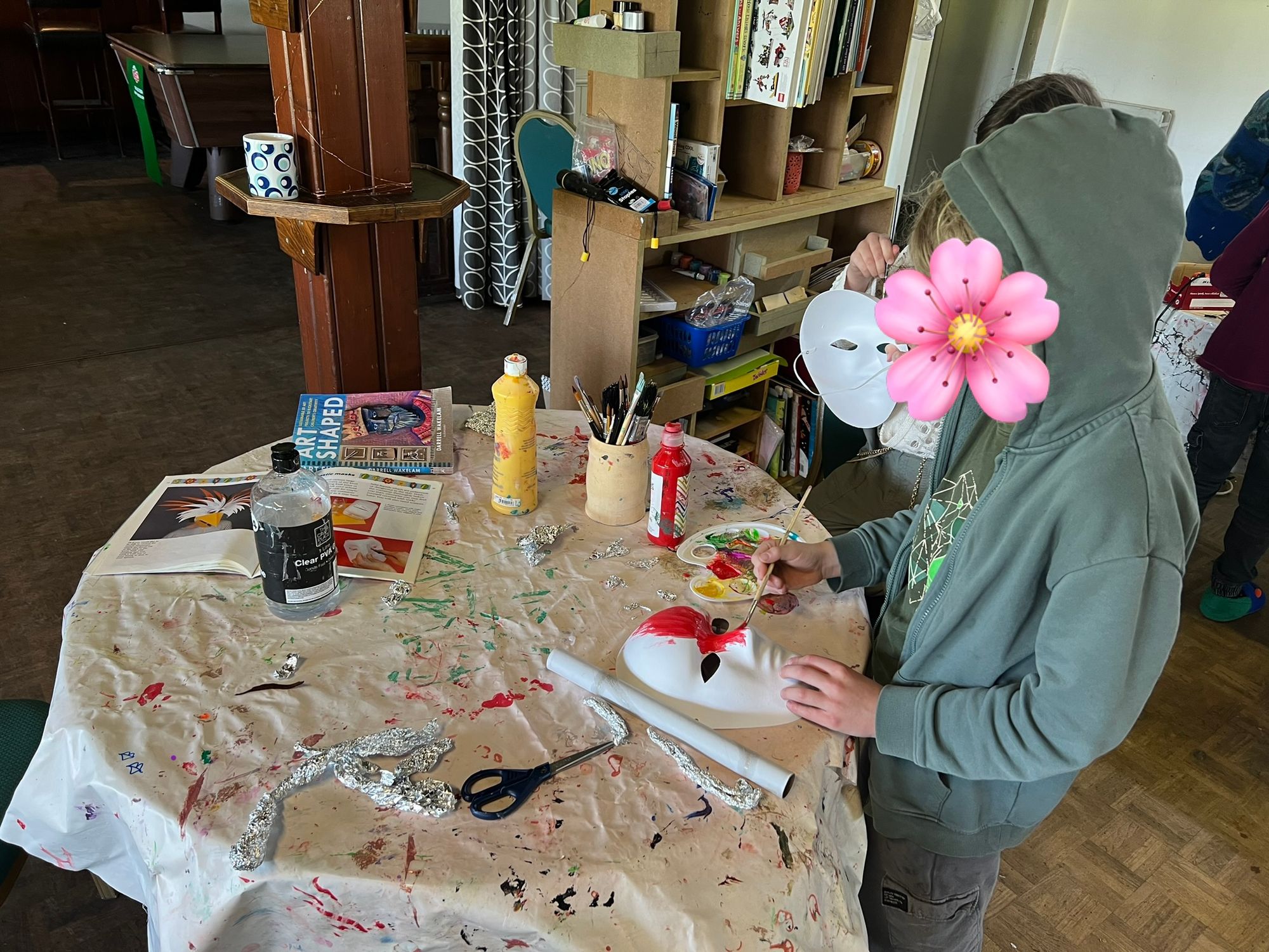
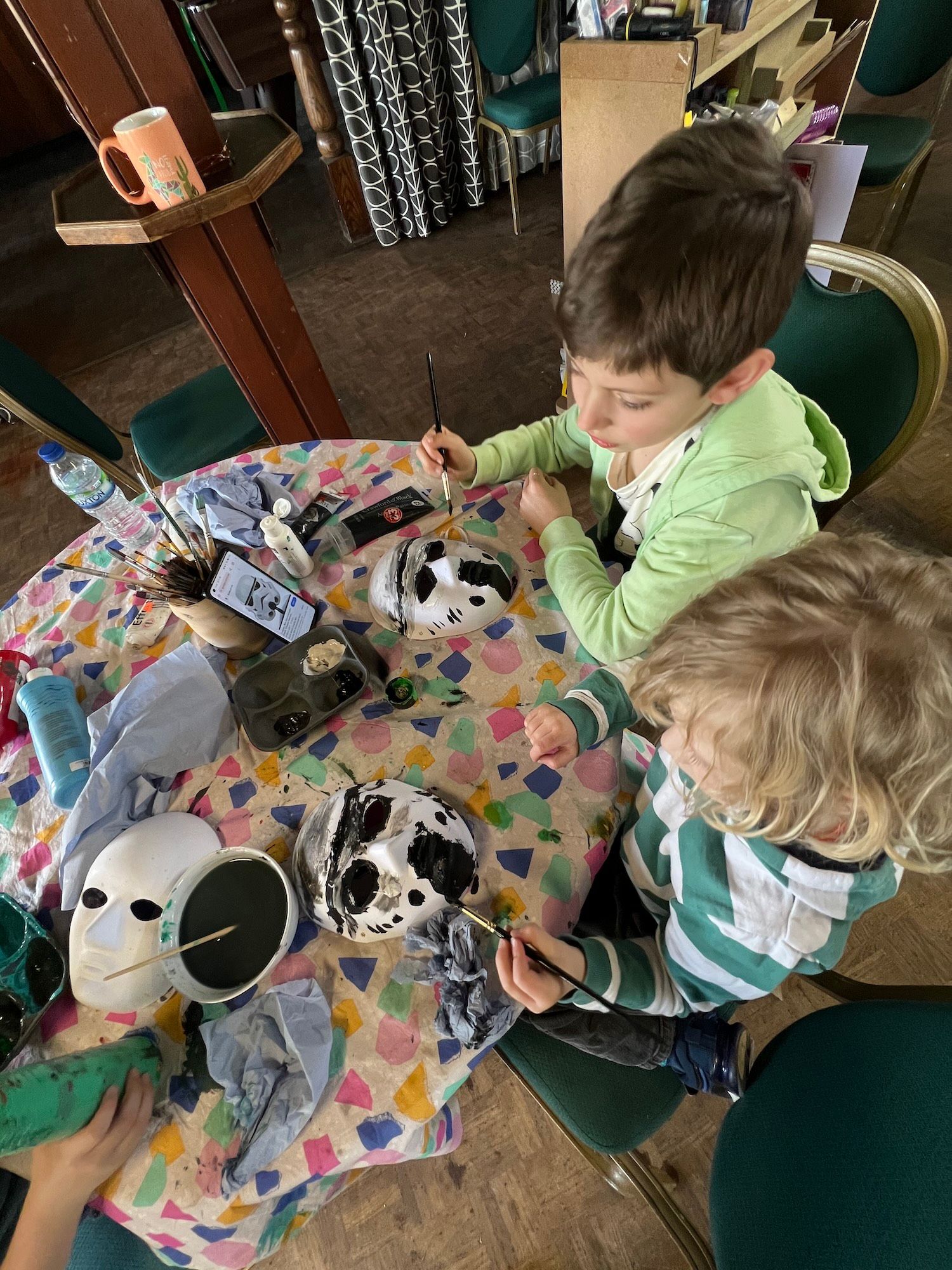
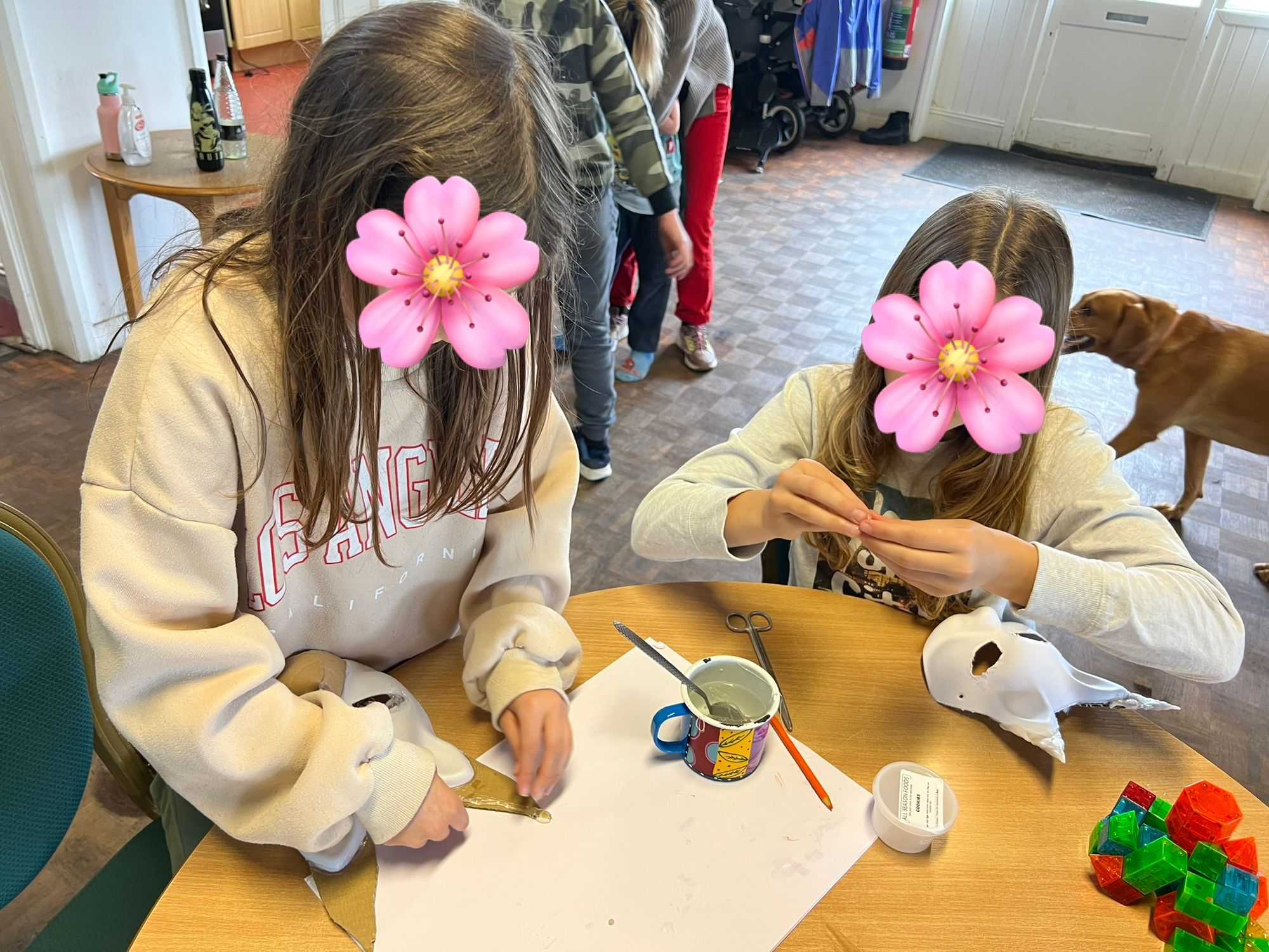
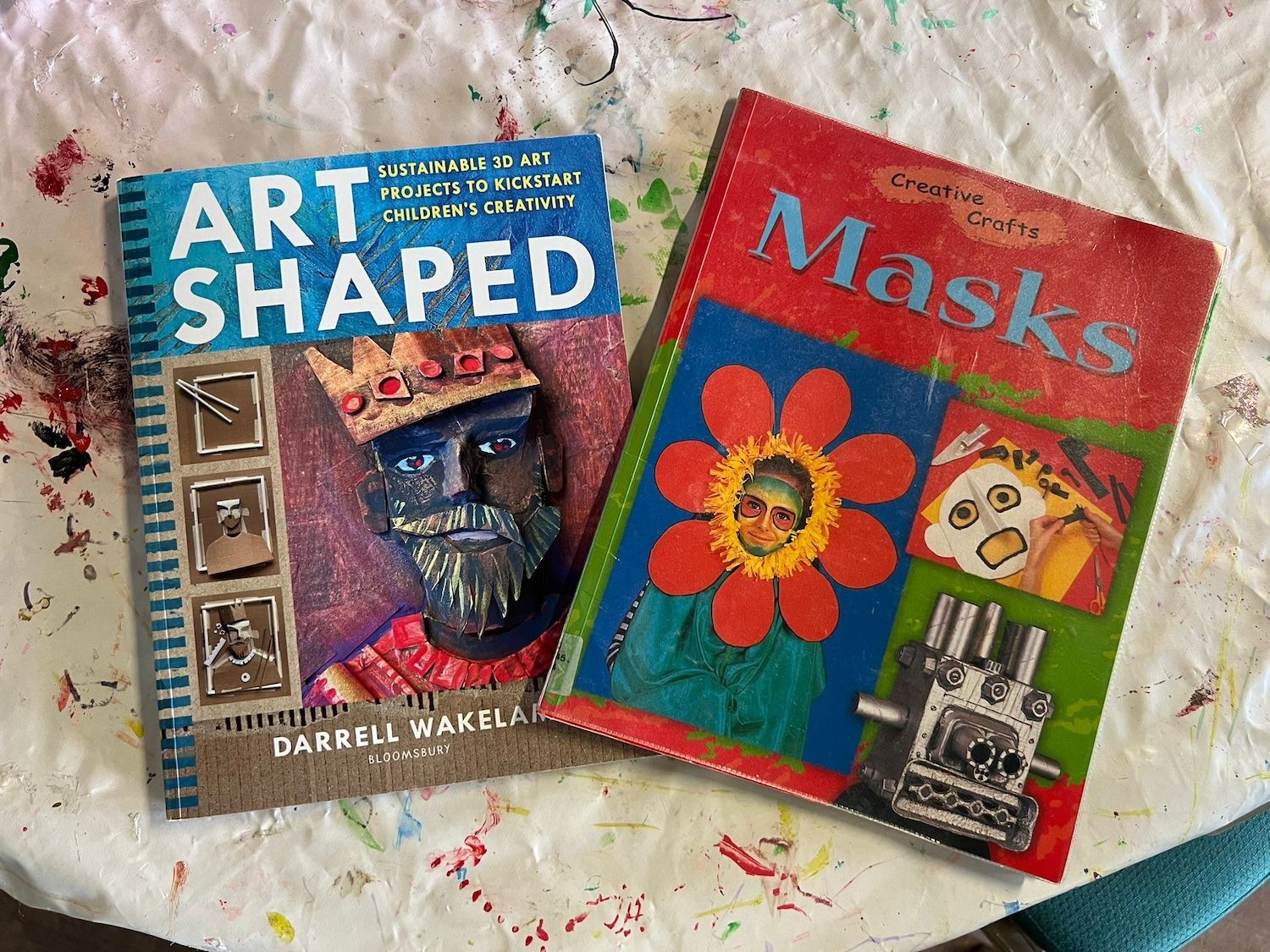
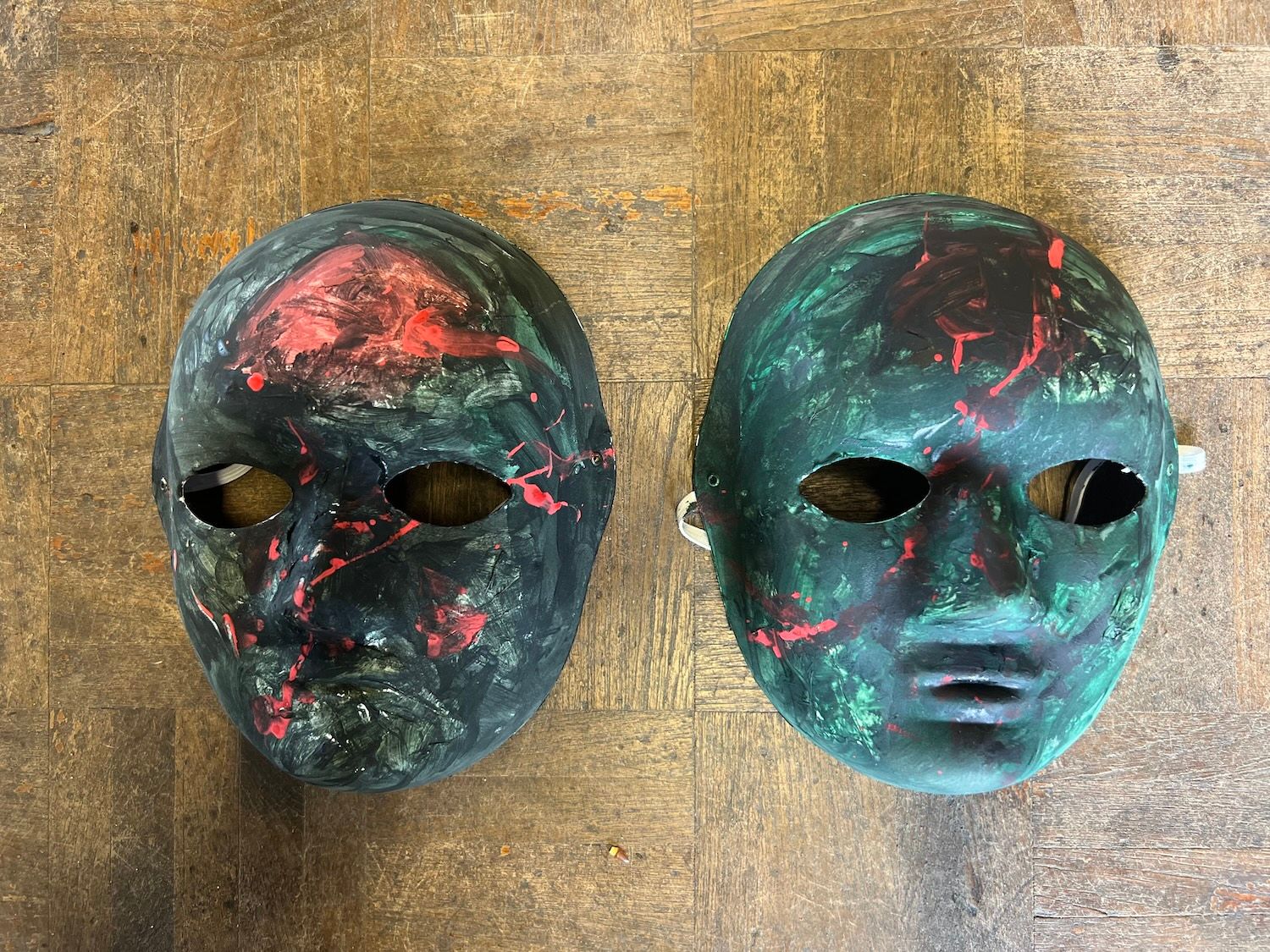
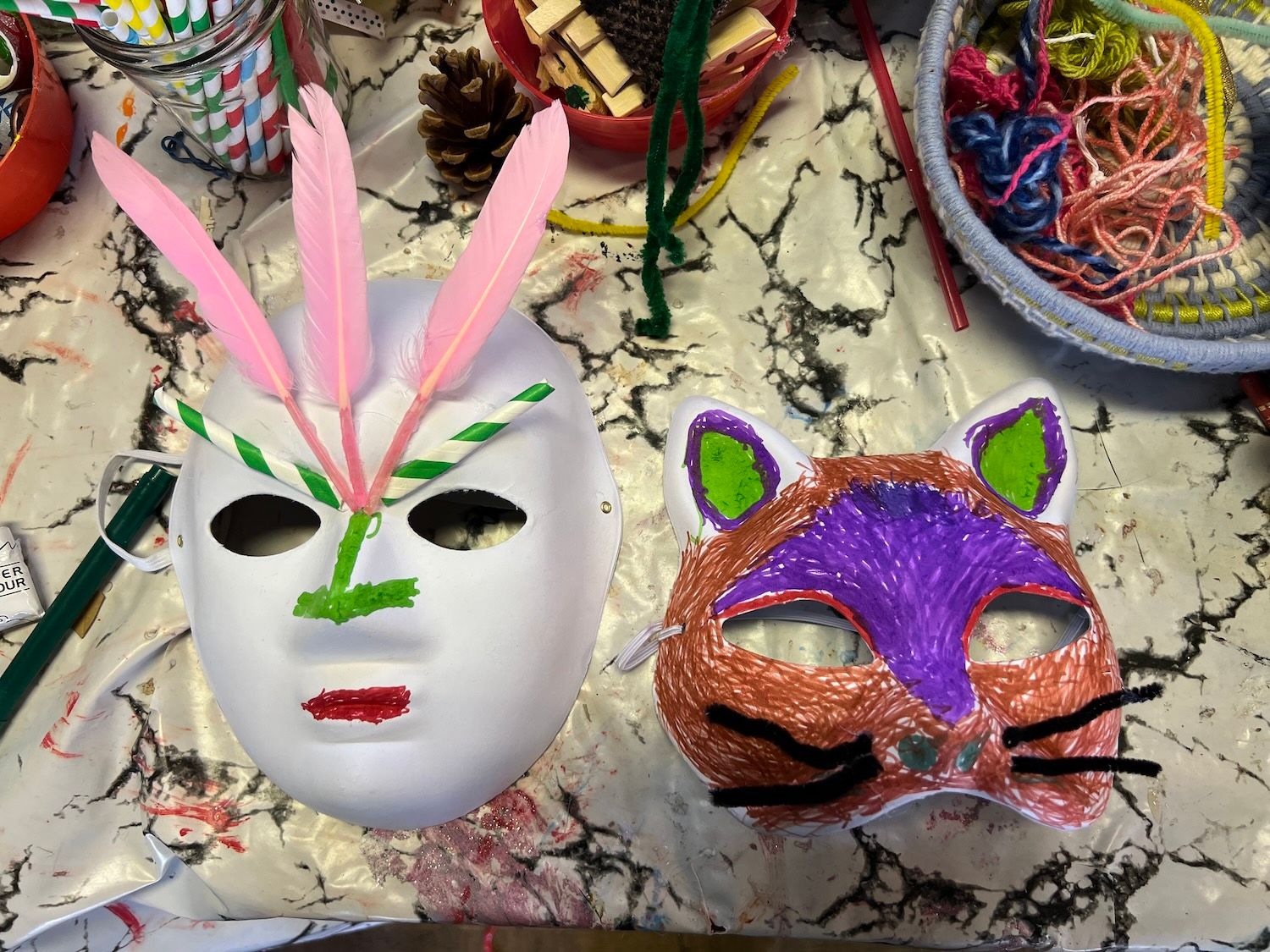
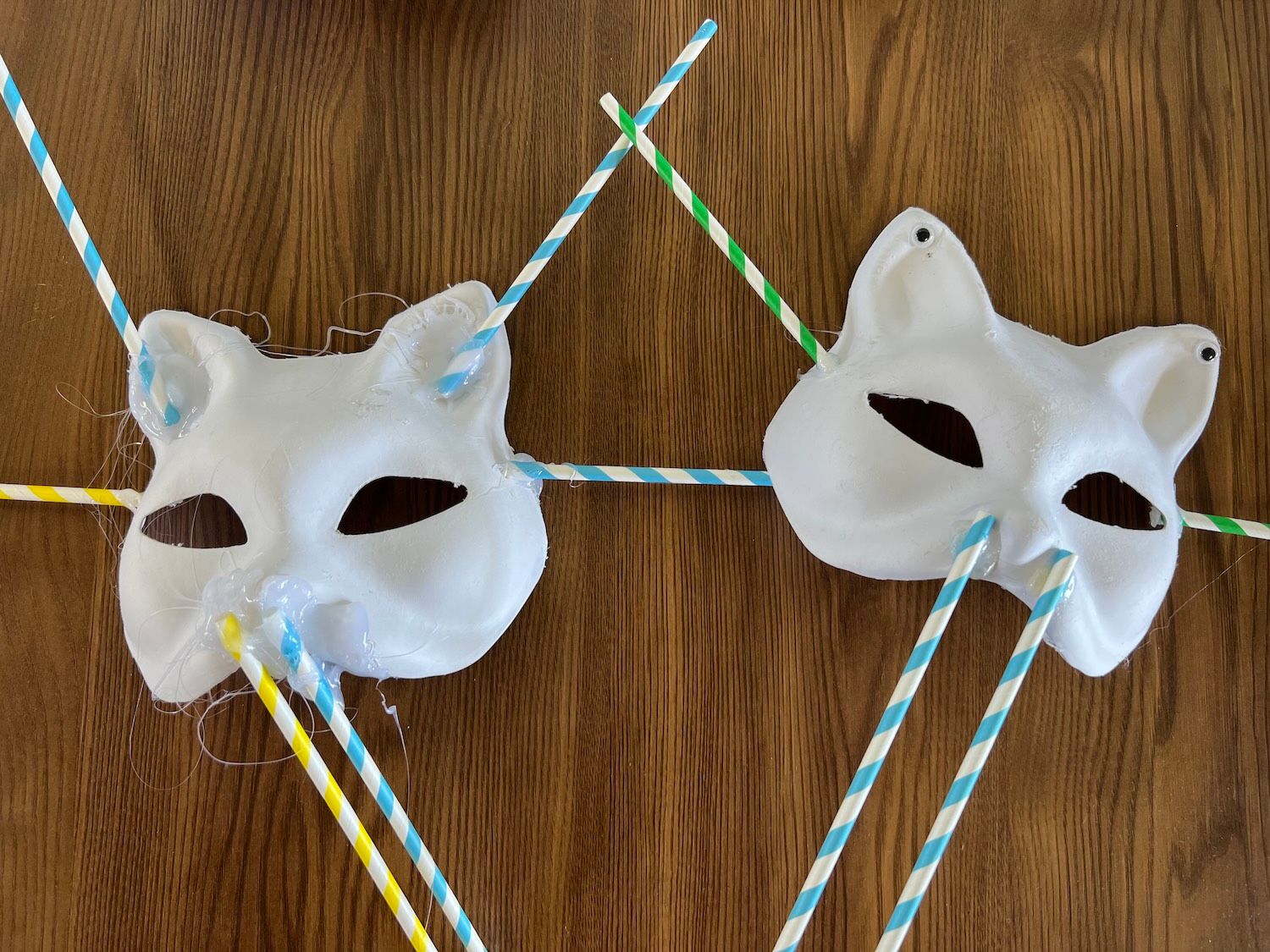

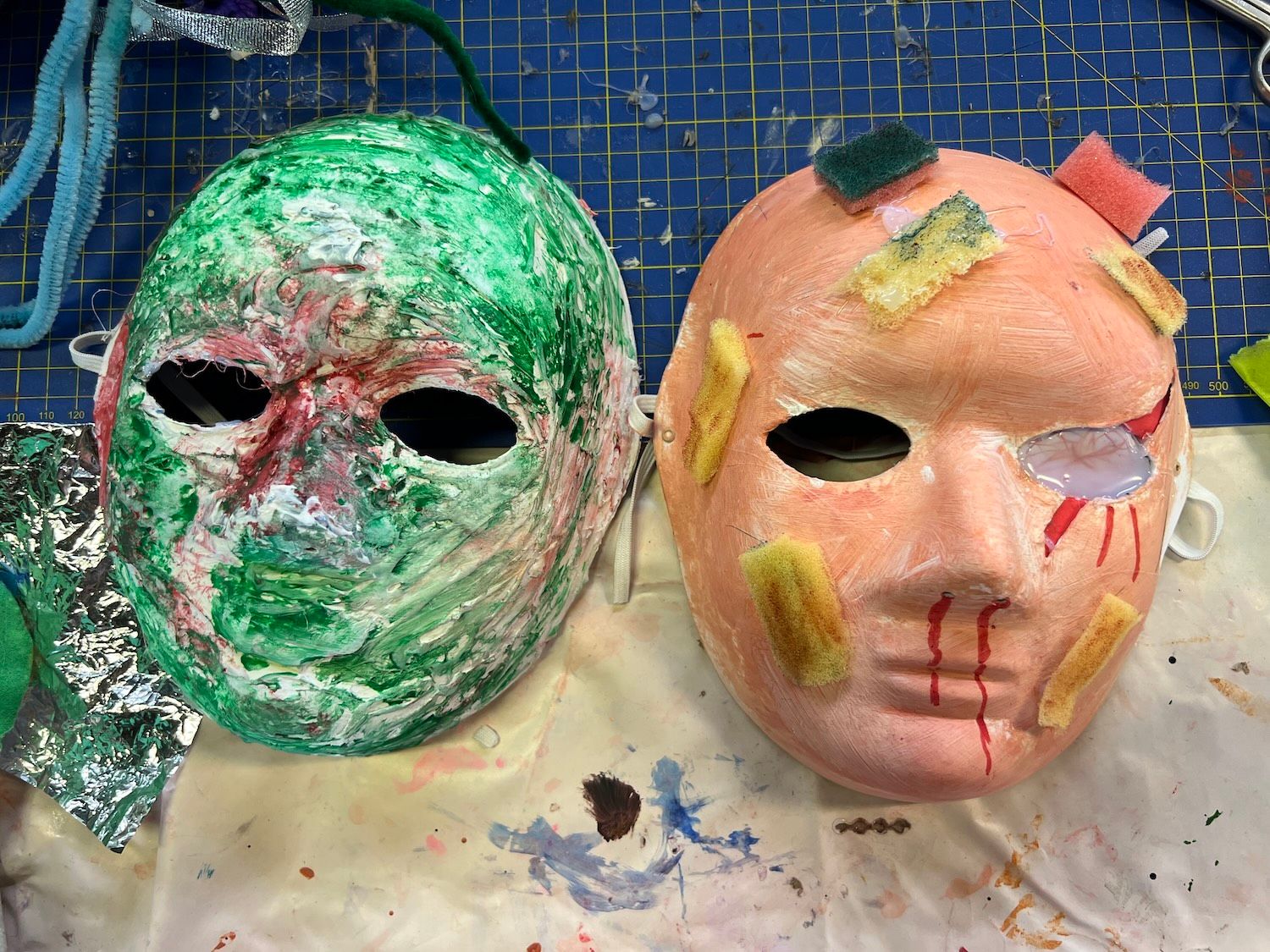
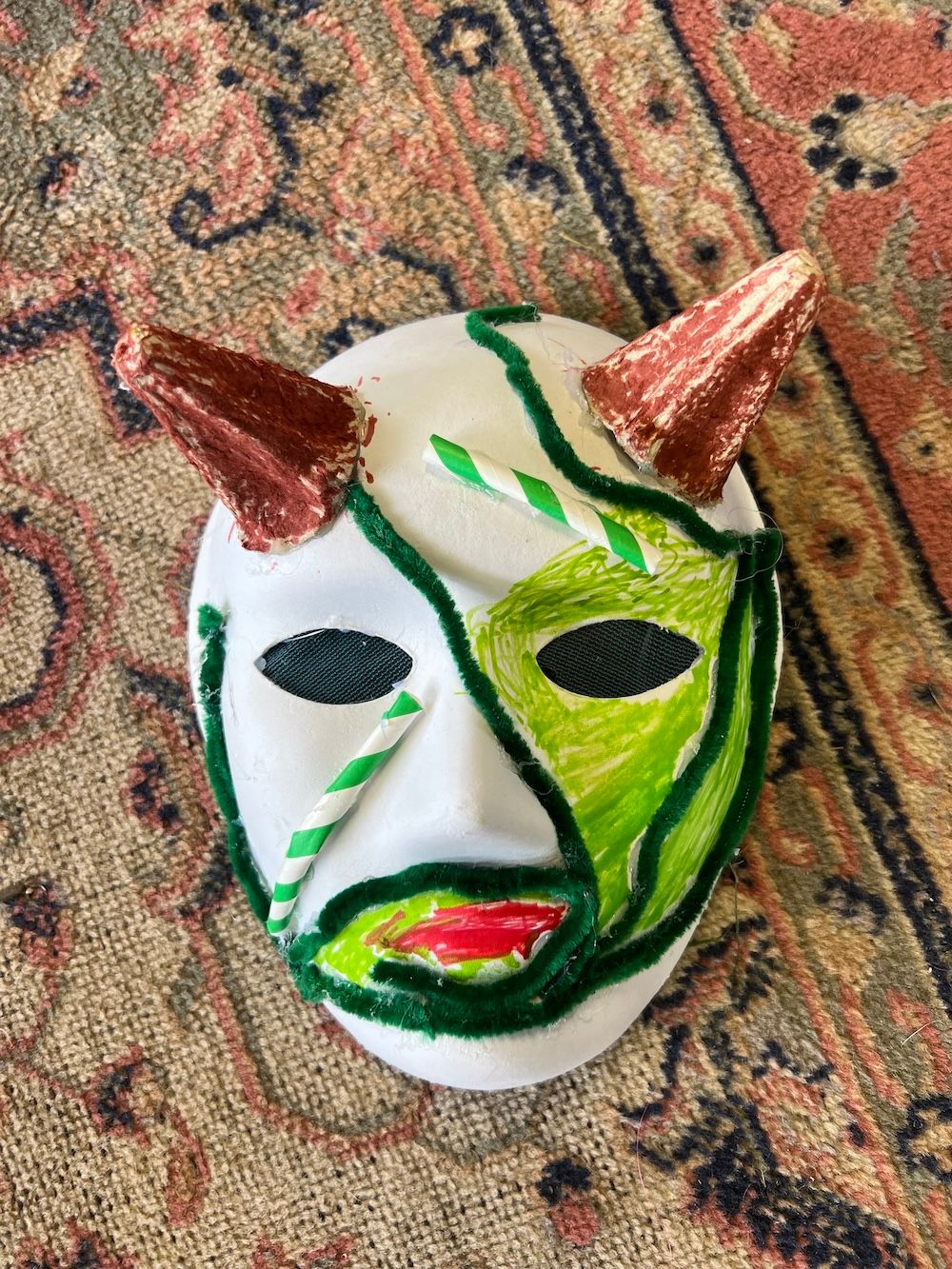
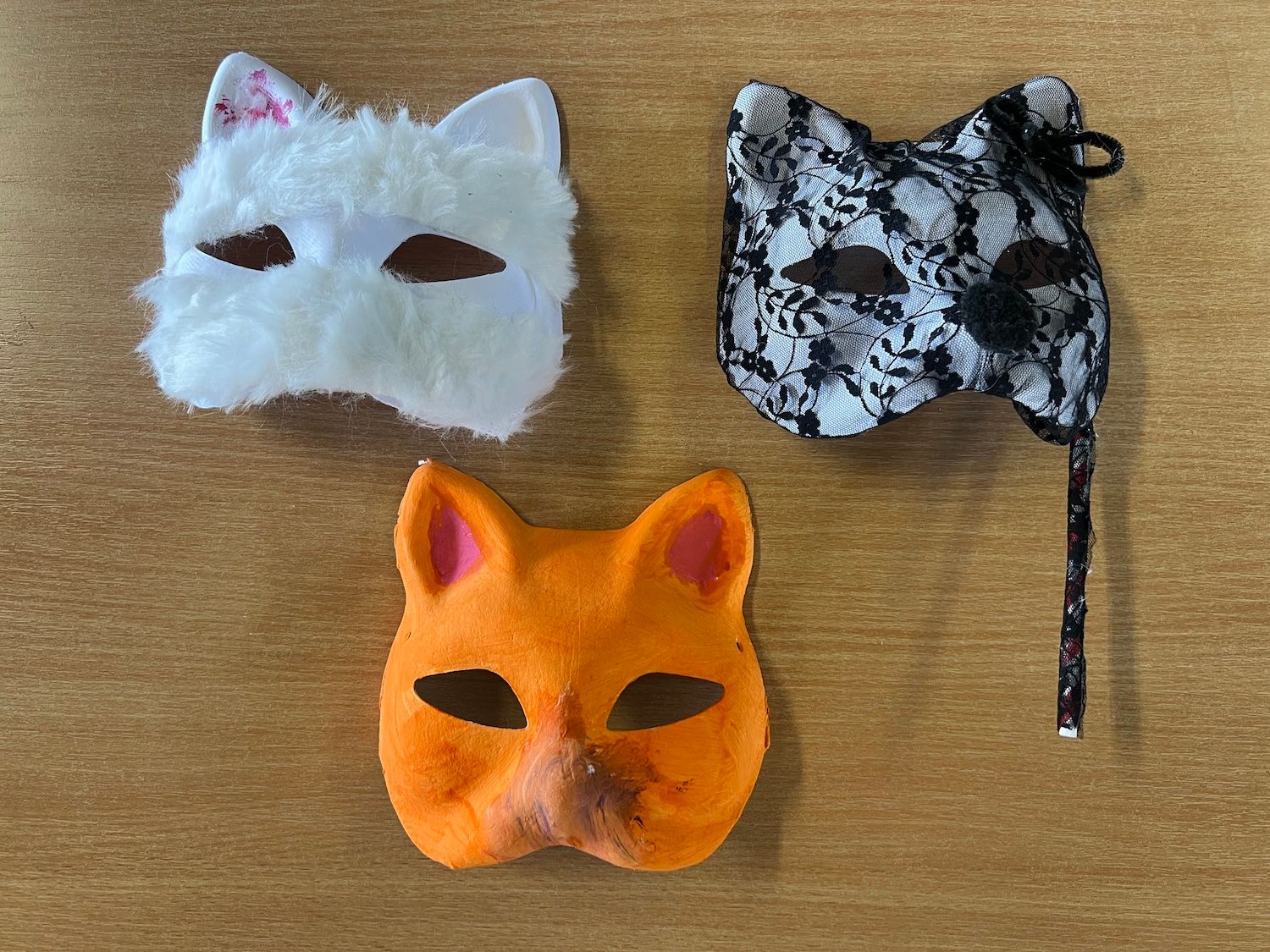
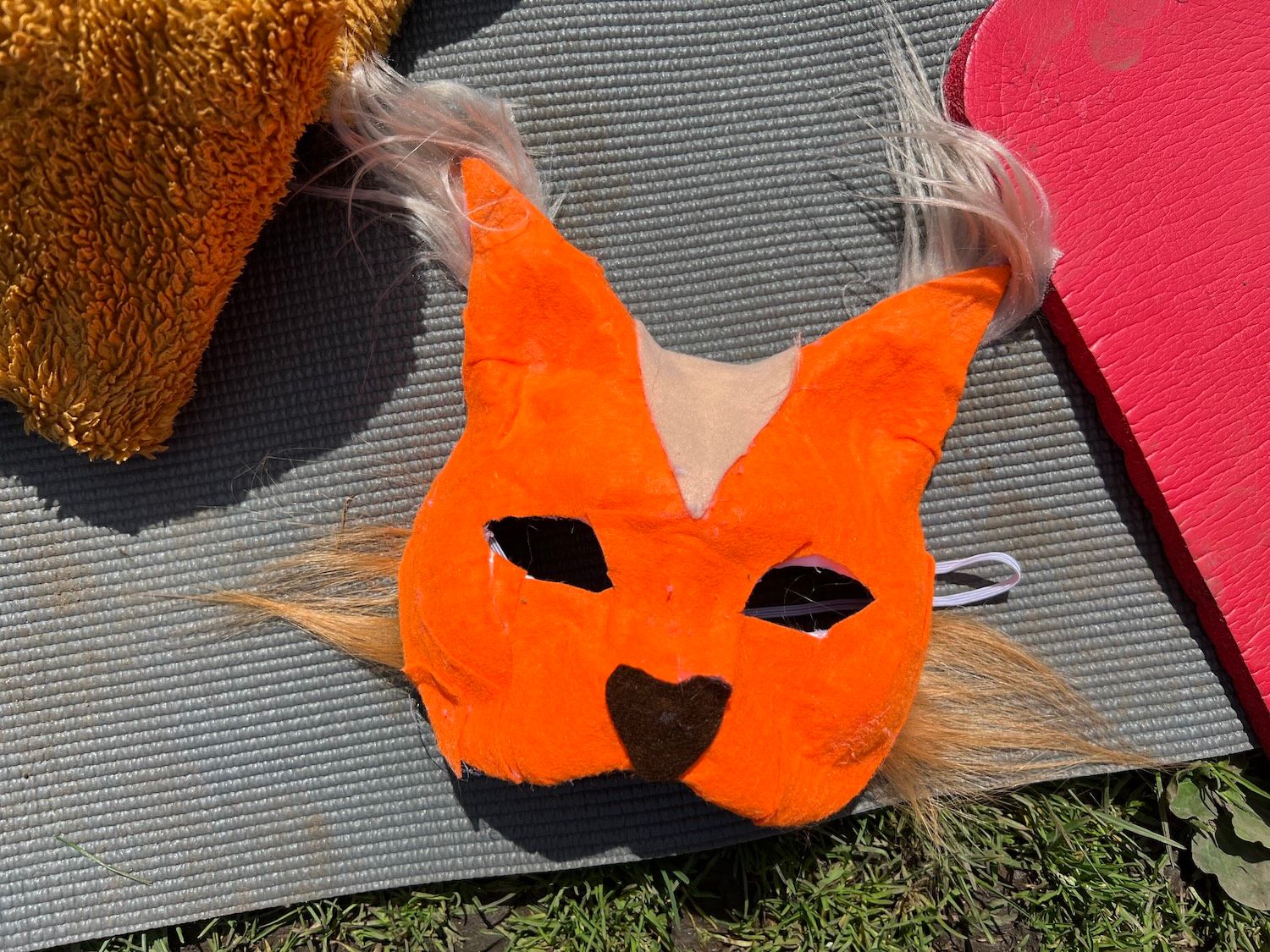

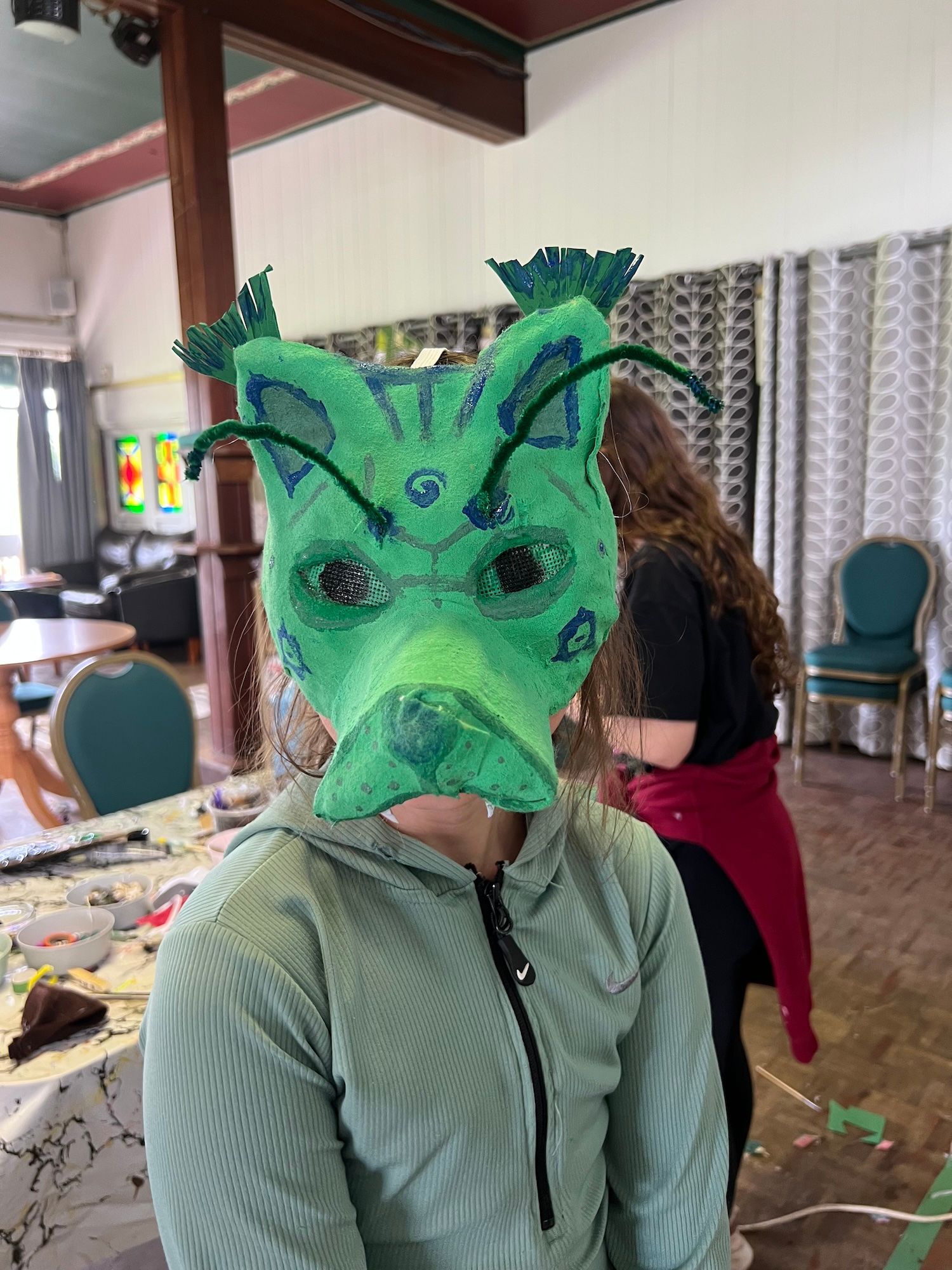
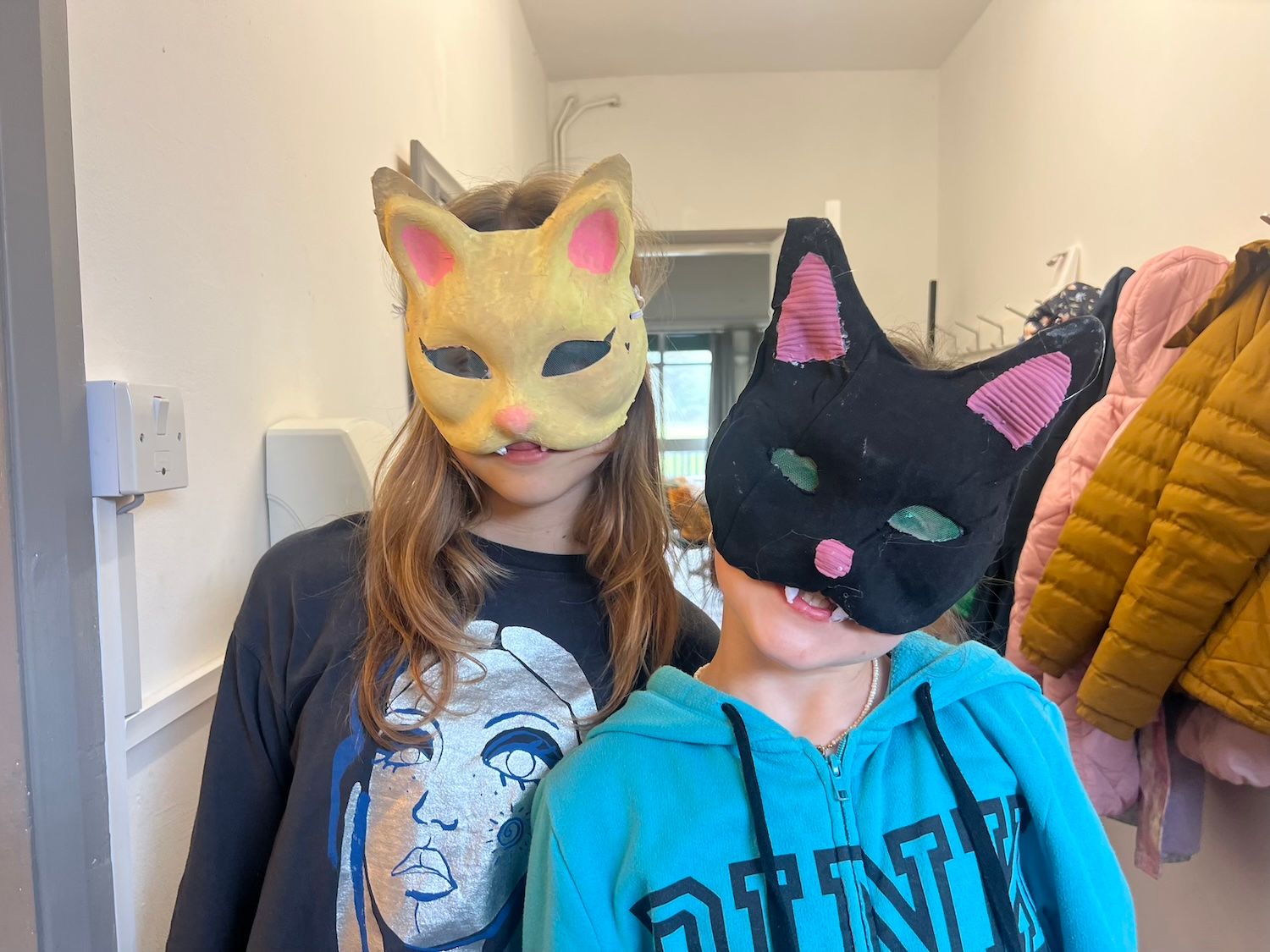
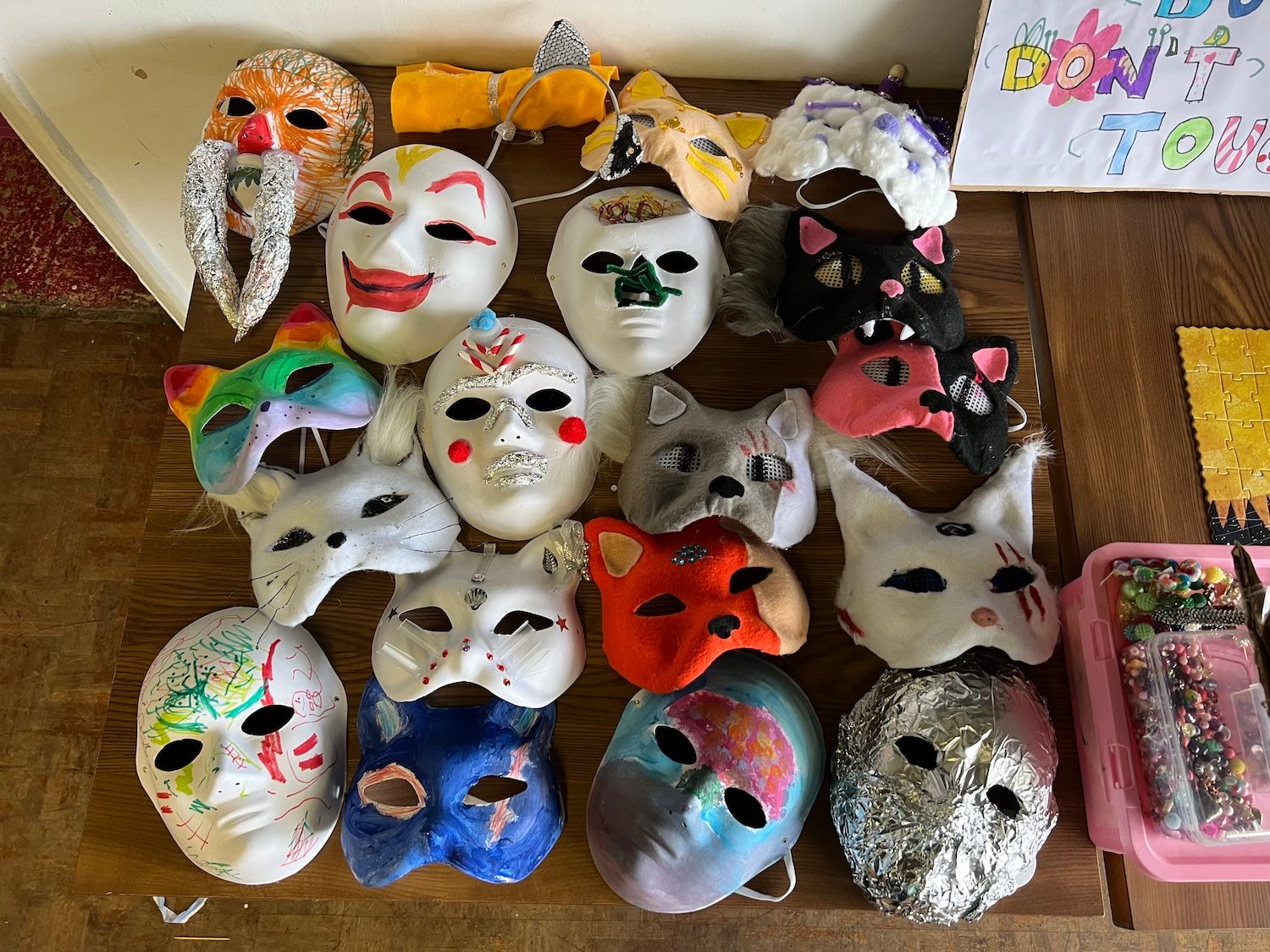
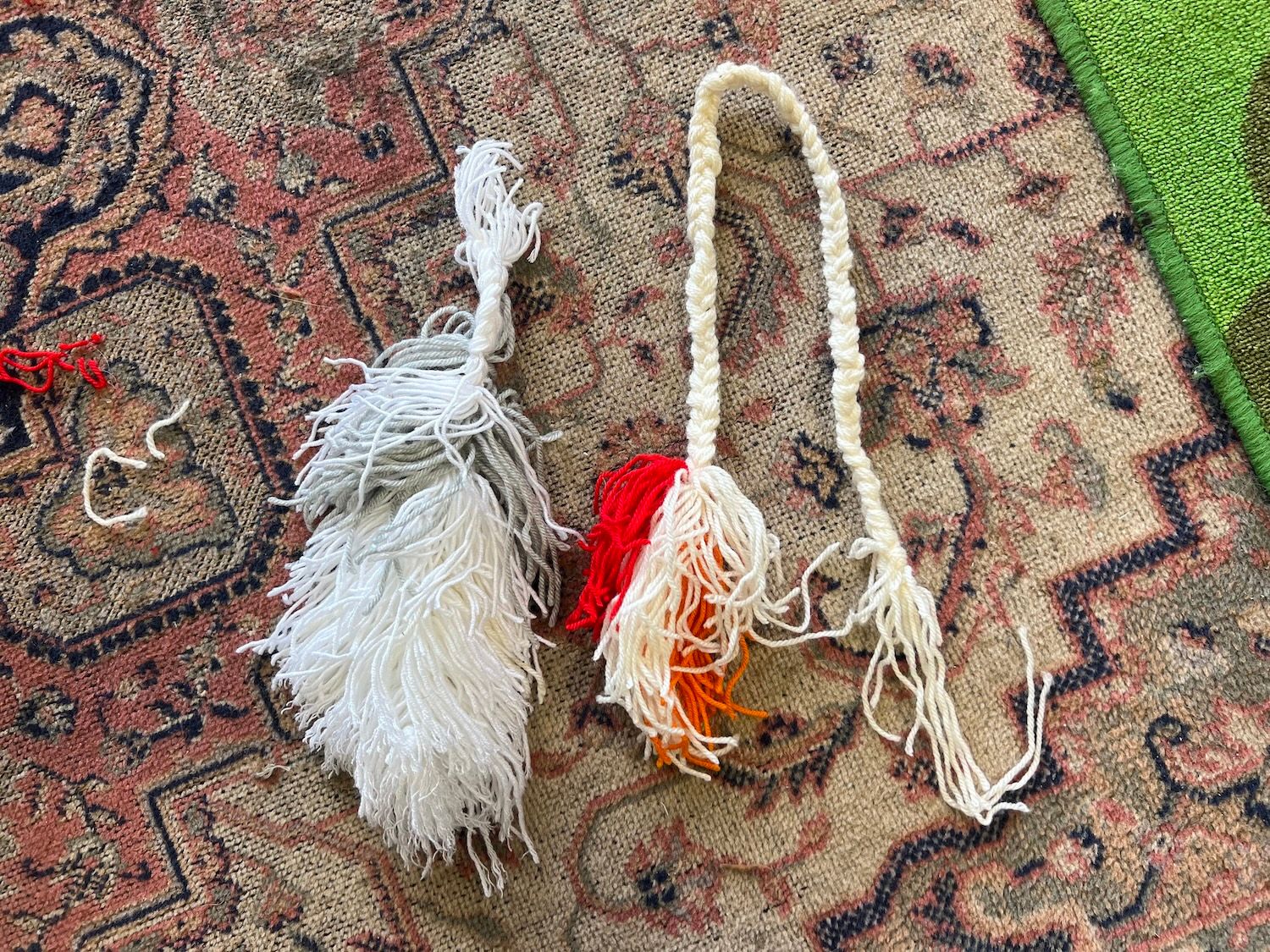
Some key lessons from this project:
Art and Creativity
- Developing fine motor skills through the crafting of masks, including cutting, gluing and assembling various materials.
- Learning about texture and design in art through the use of materials such as tissue paper, tin foil and beads.
- Exploring colour theory by mixing paints.
Communication
- Building confidence and enhancing communication skills as children discussed challenges and shared their creations in a group setting.
Entrepreneurship
- Demonstrating entrepreneurial spirit by selling masks at a festival.
- Thinking about product creation, marketing and customer interaction.
- Gaining financial literacy through the experience of mask sales.
Mathematics
- Understanding symmetry and spatial awareness, enhancing skills in geometry, measurement and proportion.
Technology and Research
- Enhancing digital literacy and encouraging critical thinking skills by using the Internet to gather inspiration.
Woodworking Project
This woodworking project, the second of its kind this year, involved four children, with two being particularly skilled in woodworking and the other two eager to learn from their peers. Equipped with their own tools and materials, the children took full charge, demonstrating their abilities in hammering, drilling, sawing, sanding and oiling wood. The more experienced children guided their peers, creating a collaborative learning environment. When a drill-related question came up, one child reached out to their expert dad for advice, showing their initiative and resourcefulness.
Throughout the project, the facilitator played a supportive role, providing gloves, documenting their progress with photos and preparing tea as requested. The facilitator also ensured that everyone remembered how to safely use their tools. This project not only allowed the children to hone their practical skills but also fostered independence, problem-solving and collaboration.
In the following weeks, the kids added blankets to the house they built, transforming it into a base, a secret hideout and a meeting place for their imaginative play.
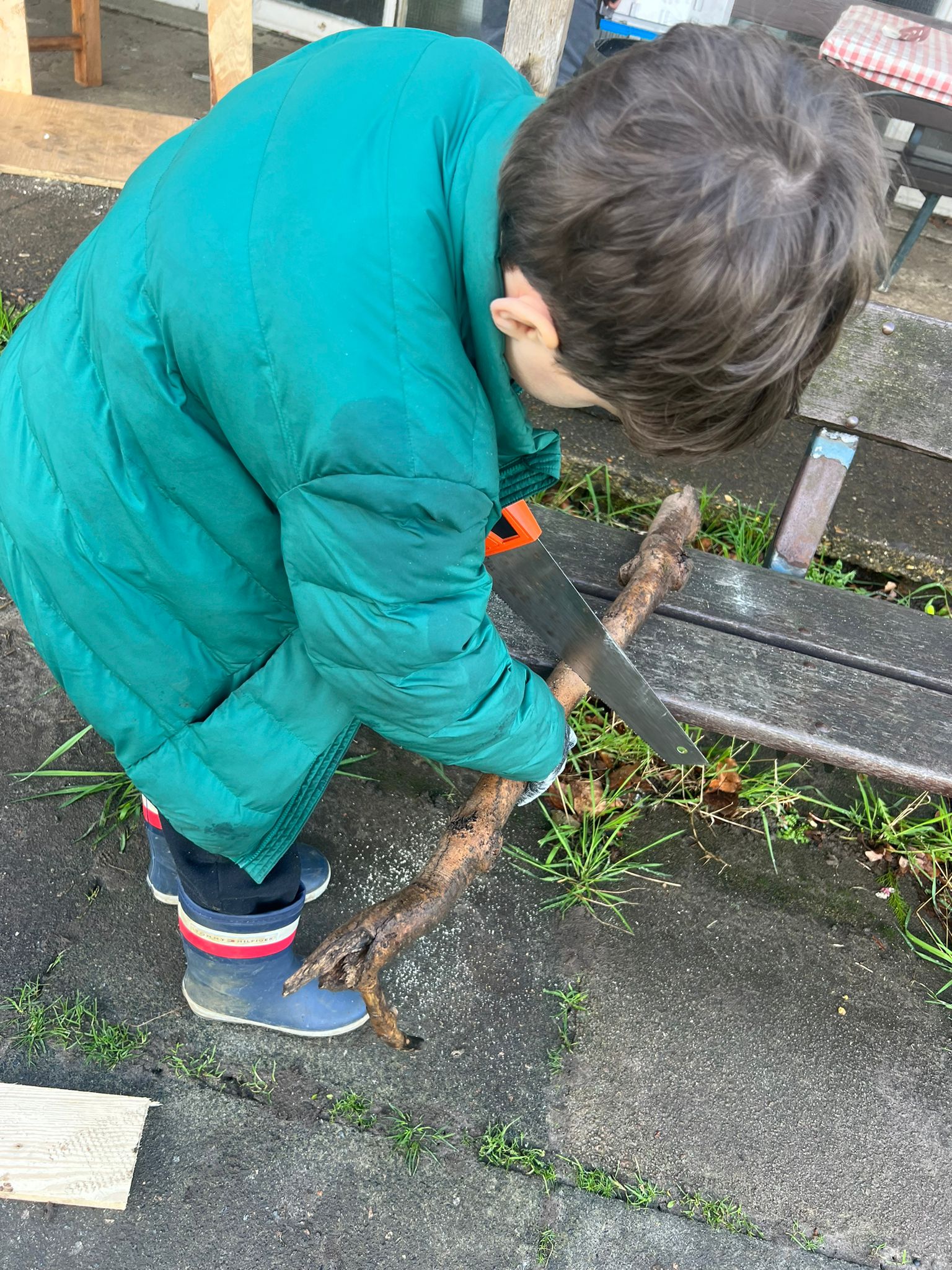
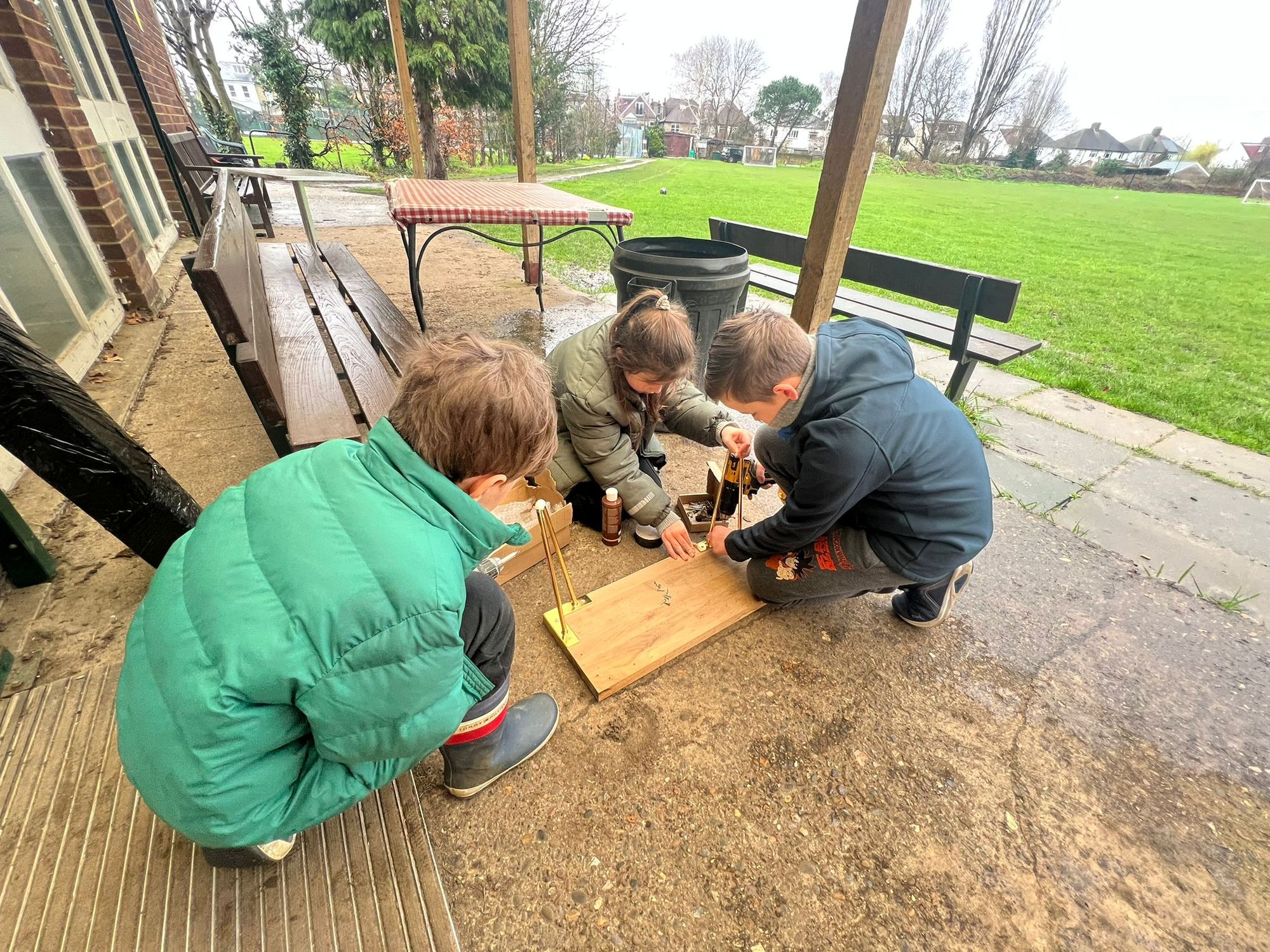
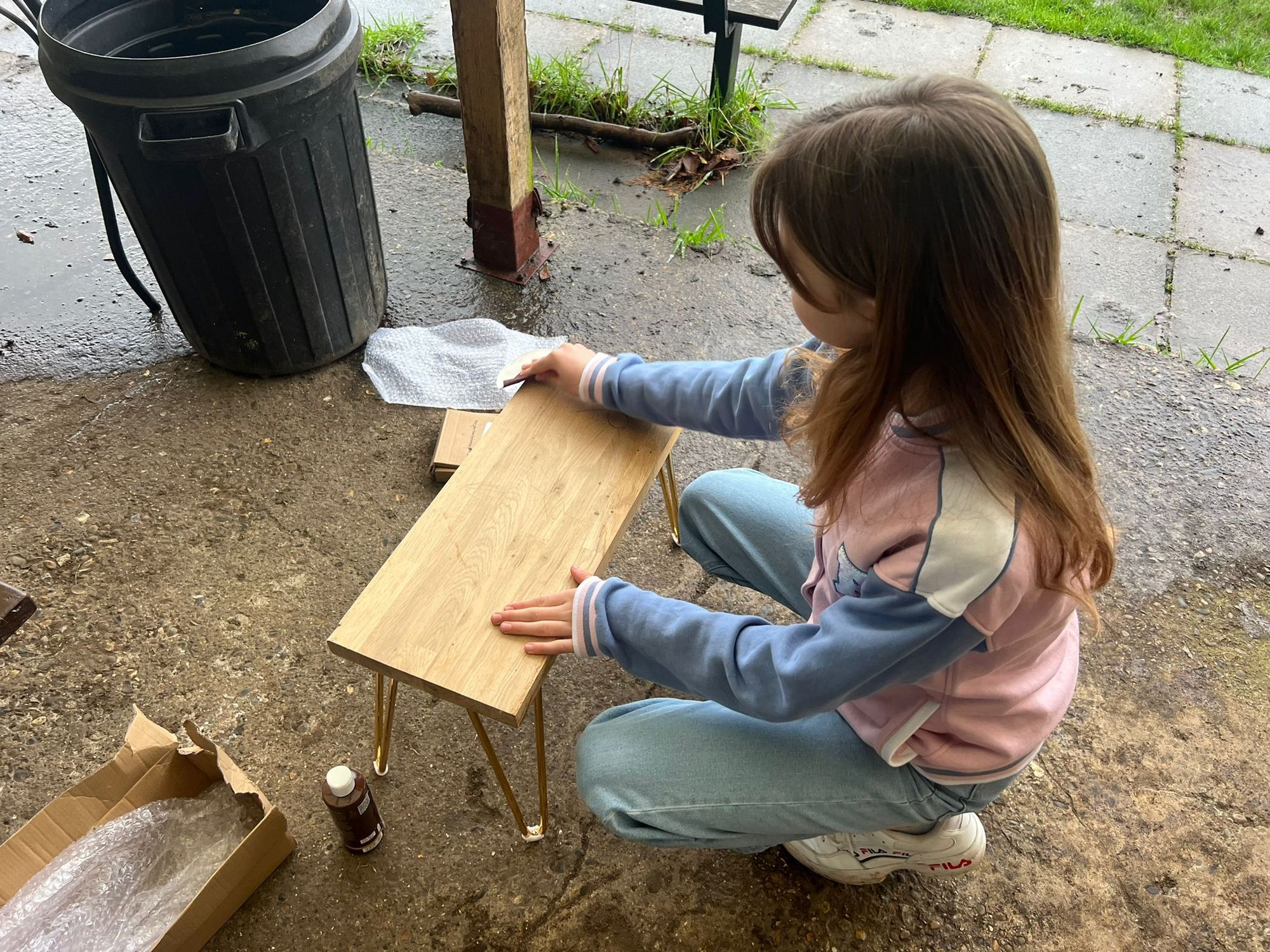
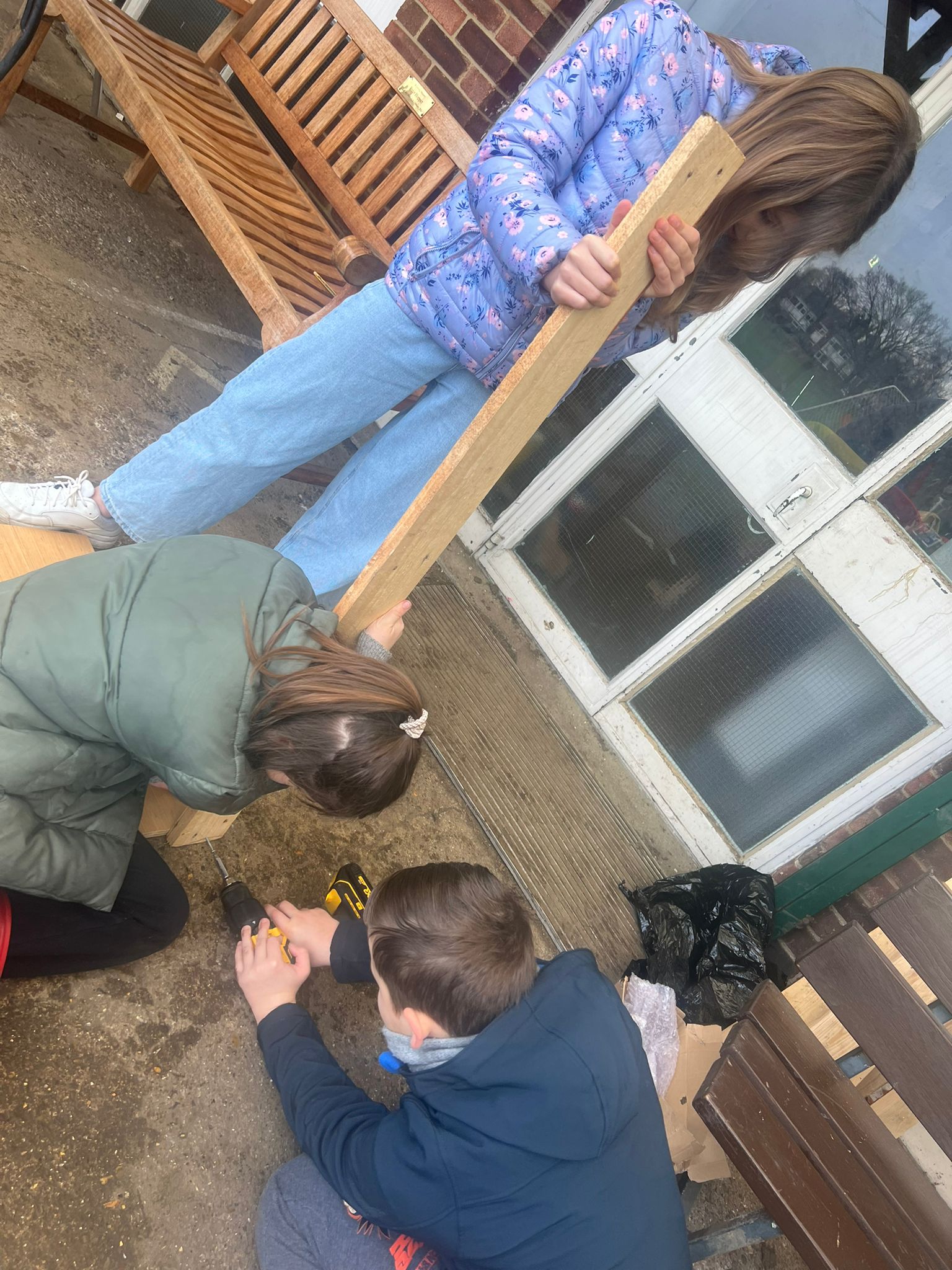
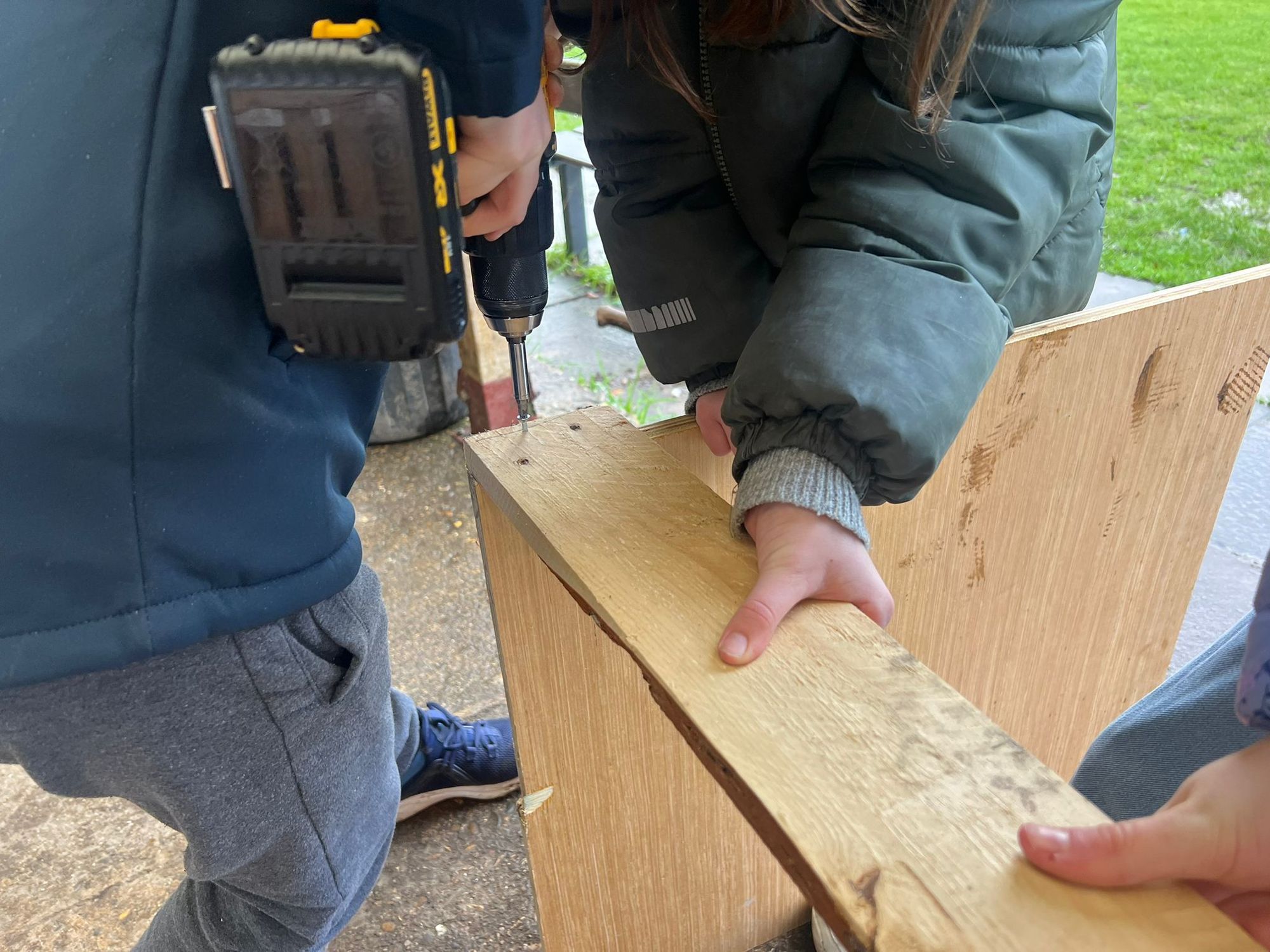
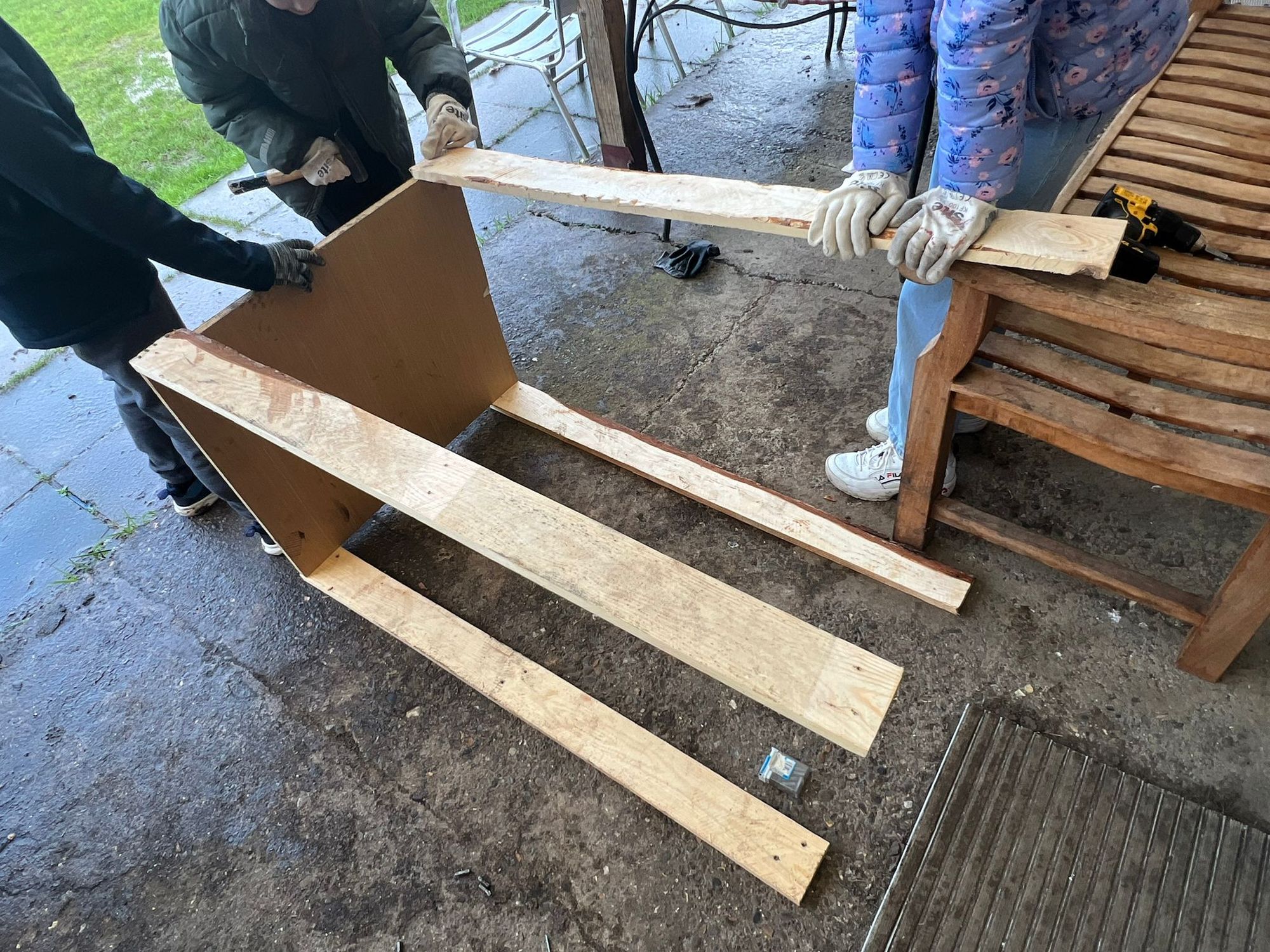
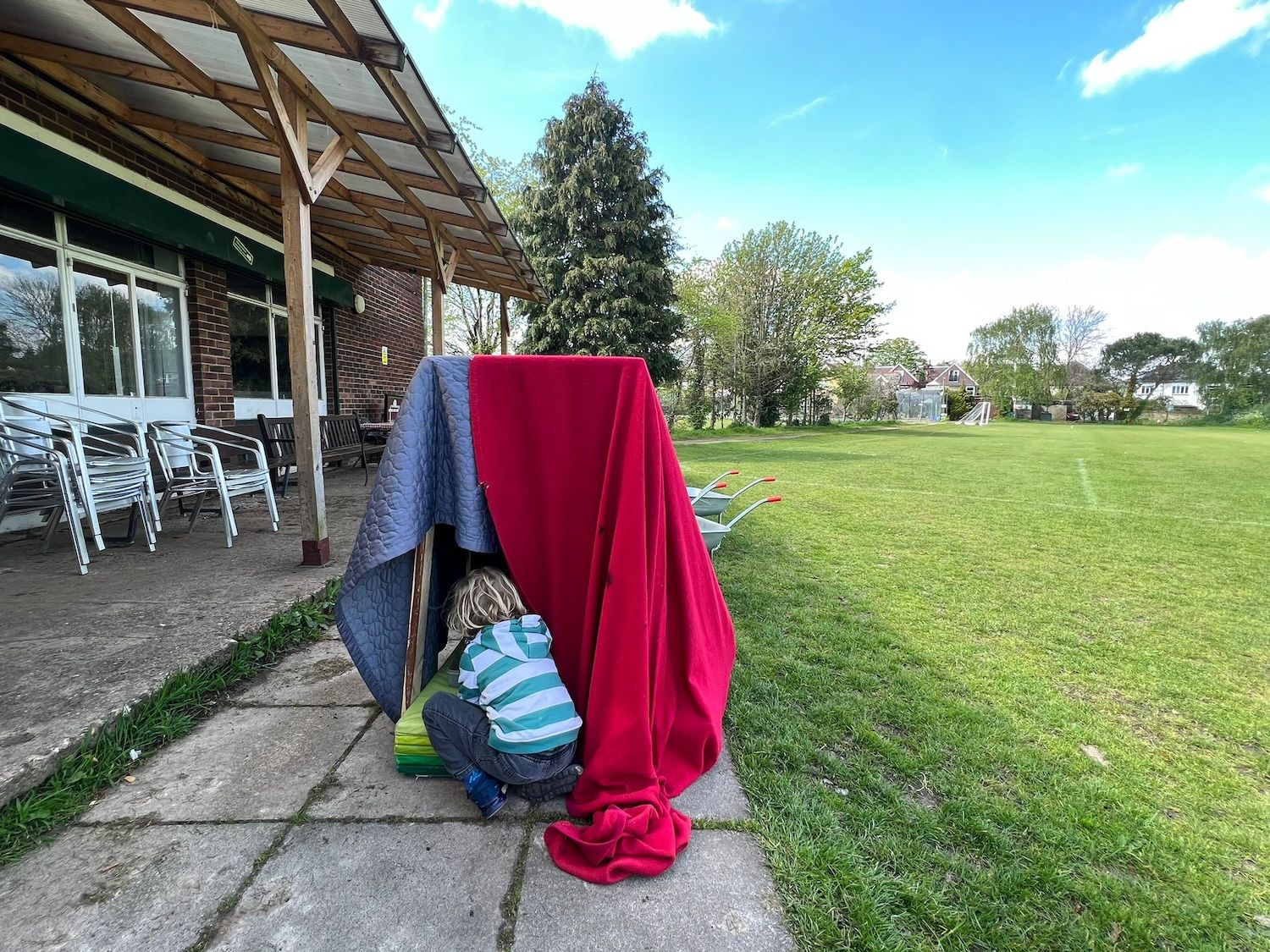
Some key lessons from this project:
Woodworking Skills
- Gaining practical experience in using tools safely and effectively while understanding their specific purposes.
- Learning the importance of preparation and maintenance, including oiling wood for longevity.
Collaboration and Teamwork
- Working together as a team and supporting one another throughout the project.
- Seeking help when needed, including guidance from an expert and the facilitator.
Problem-Solving Skills
- Developing critical thinking by addressing issues with tools and seeking advice from an expert when needed.
- Learning to ask for help and collaborate to solve problems, enhancing their resourcefulness and confidence.
- Engaging in planning project steps, identifying materials and organising tasks effectively.
Responsibility
- Taking ownership by managing their own tools and ensuring their safety.
- Learning to take responsibility for the completion of their tasks and supporting their peers.